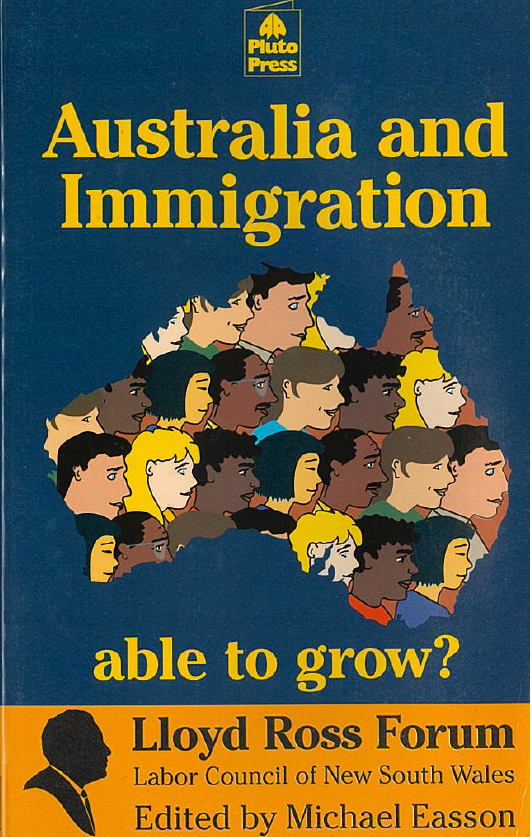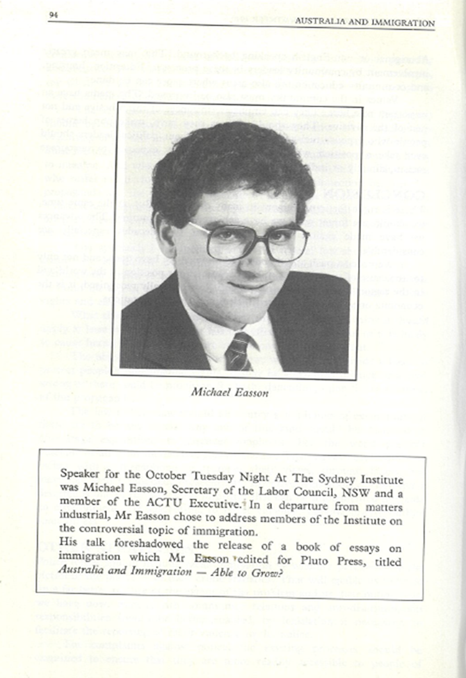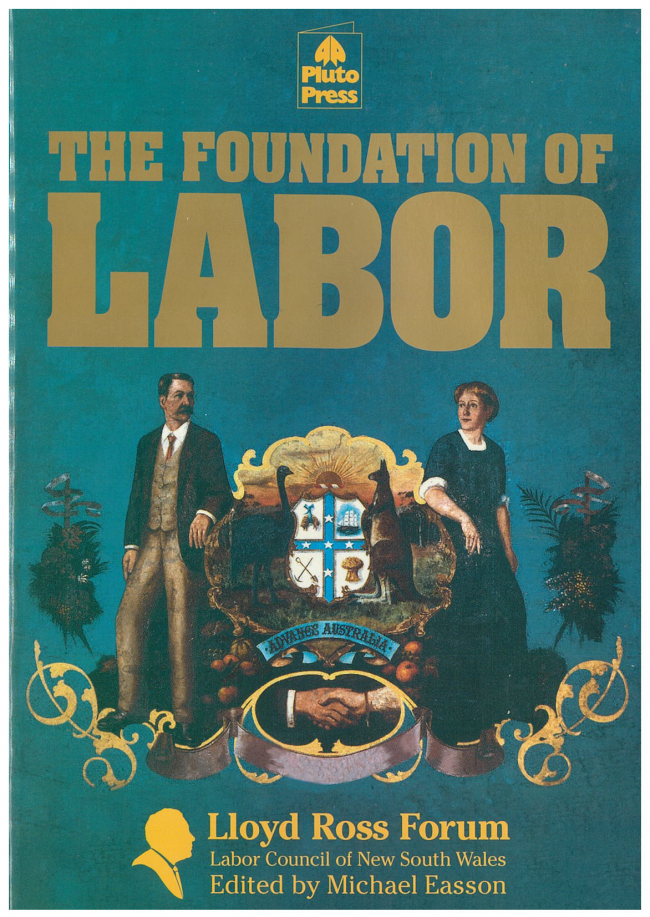(1990) Freedom of Association and Preference Arrangements
A good deal of idiocy is associated with many debates about preference to unionists and its perceived corollary, “compulsory unionism”. It must be stressed at the outset that, as a matter of law, there is no such thing as legal compulsory unionism in Australia.

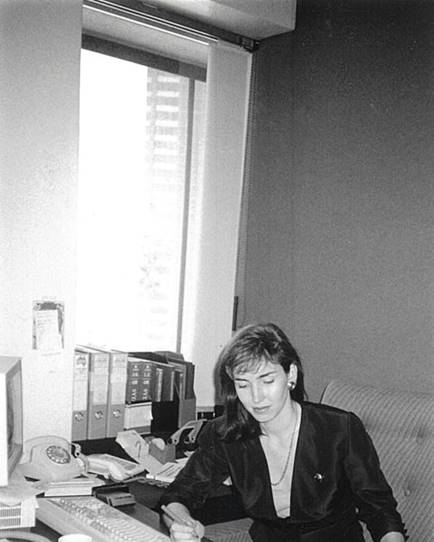
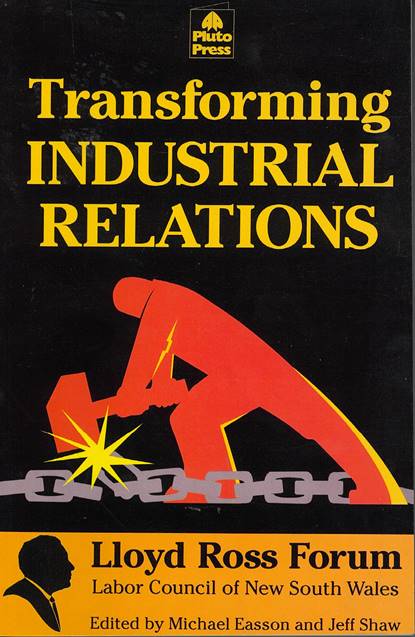
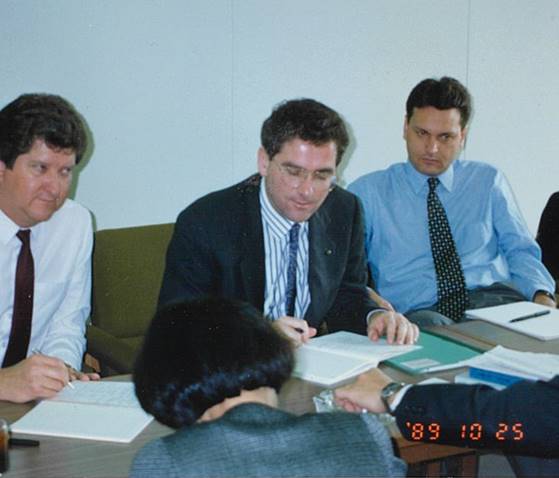
![[1990] Trade Unions and Financial Participation](https://michaeleasson.com/content/uploads/1990/09/business-executives-actively-participating-MFLDQWT-scaled-650x433.jpg)

